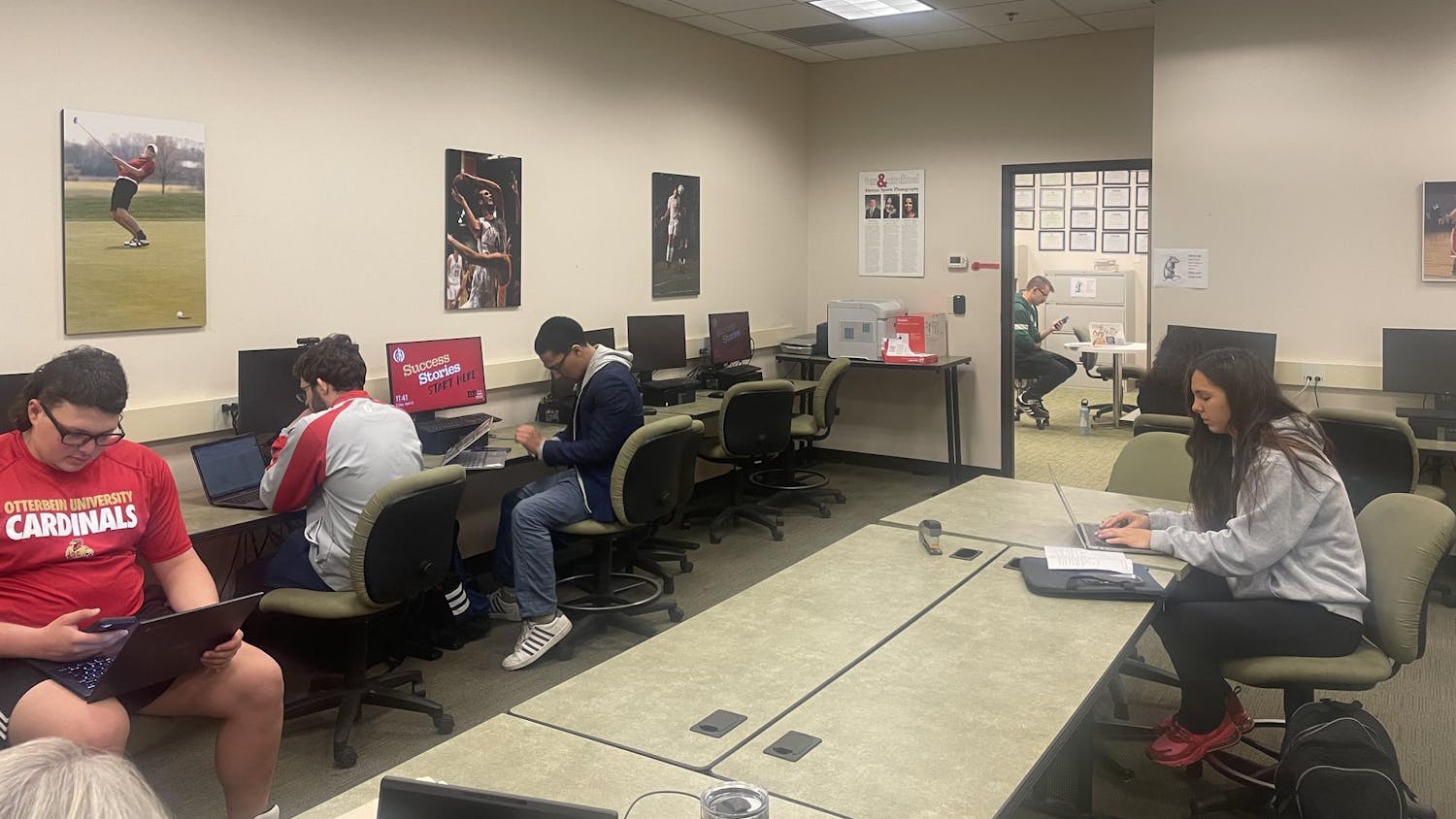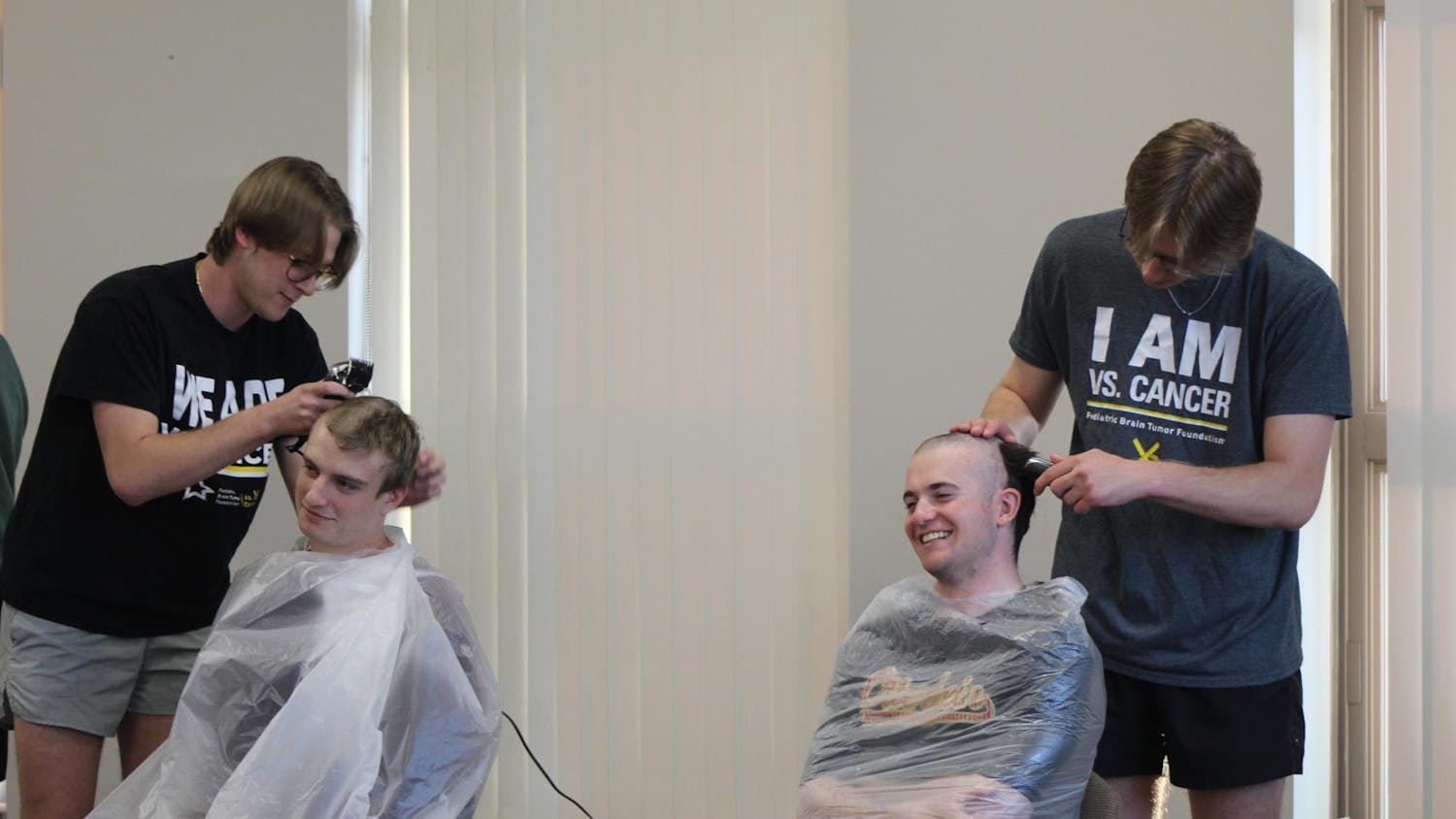America’s War on Drugs has failed. With an estimated trillion-dollar cost, the War on Drugs in America has actually resulted in a small increase in reported drug users as well as creating the largest prison population in the world: The United States makes up less than 5 percent of the world’s population, but almost 25 percent of the world’s prison population, according to the New York Times.
And our misguided policies have spilled over into the world of college as well, attacking financial aid and scholarships. This article will focus on how drug charges can affect you and your financial aid, and what to do to avoid such problems.
To date, over 200,000 students have been deemed ineligible for financial aid due to misdemeanor drug charges, according to the Students for a Sensible Drug Policy (SSDP). Being convicted of a misdemeanor drug charge can also affect your ability to get government-sponsored aid such as federally funded housing, Free Application for Federal Student Aid approval, Pell Grants and school-run scholarships.
Not only do you lose thousands of dollars in aid when you are charged, but the government requires you to attend federally operated or outsourced rehab programs, which can cost thousands of dollars.
It’s not like the government thinks you really have a drug problem, and if it did it really wouldn’t care about treating it; that’s why jail is so popular.
There are multiple benefits to the government getting you charged: It saves money on loans and grants, it makes money off the rehab centers it runs and, additionally, it receives more funding if it sends more people to rehabilitation because statistically, it appears there is an increasing drug problem.
In reality this increasing drug problem is an increase in first-time offenders with marijuana charges.
Let’s pretend some guy with disheveled dreads skateboards by you with a smelly backpack, and he drops a white cigarette-looking thing as he shreds by. You think to yourself, “Wow, that guy sure is radical. Maybe if I imitate him people will think I am radical as well.” So you spark up this mysterious thing you found on the ground, and then an overzealous resident assistant catches a whiff. Before you know it, you’re surrounded by the entirety of Otterbein’s finest, who have made sure to call in backup just in case you decide to fight back, you rebellious hippie, you.
Unless you have an incredibly strong case, like, say, if the cops filmed themselves getting high with you and you all went to see that new Michael Cera movie where he plays a lovable but awkward underdog, you’re going to get aid suspended for up to a year.
At the end of this year you can reapply to FAFSA, but for many students a year without aid means a year without college. I feel like if you really did have a drug problem before you got charged, losing more money and support probably won’t help the habit.
Making blanket laws to stop people from using drugs is like patching up the Titanic with SpongeBob Band-Aids. If you are going to experiment with drugs or alcohol, that is your choice, but you have to be safe about it.
This means staying in private homes, not driving a car or running around in a gorilla suit while intoxicated. Make an officer work for his or her conviction. Do not assume that honesty will net you a free pass and remember that his or her job is to arrest you. You have the legal right to deny a search of your things without a warrant, and you have the right to ask an officer if you are free to go. If the officer says you are not, then you are being detained and he or she must charge you with a crime.
Check out flexyourrights.org for a quick rundown of what to do when approached by an officer. These provisions are harsh because they save the government time and effort, but this is money you earned. You are going to do things that aren’t acceptable, and sometimes you are going to break the law. I’m not advocating either. But it is important to know how to screw up while limiting the consequences. Remember how little mistakes now can mean big problems later.





